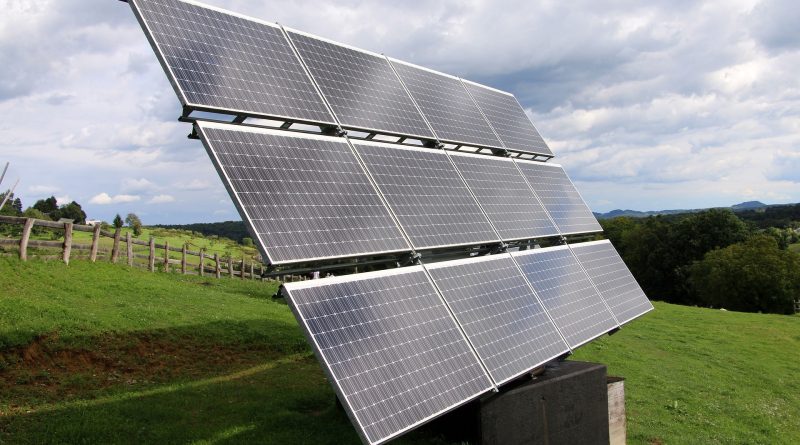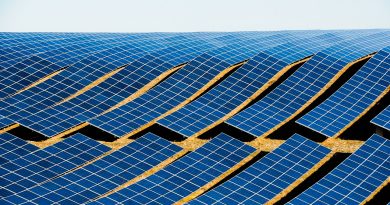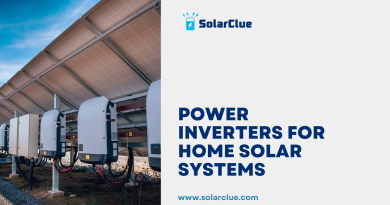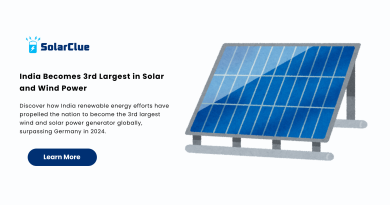Solar Energy Safety: What Homeowners Should Know
Table of Contents
Introduction
Solar energy has become increasingly popular among homeowners seeking to reduce their carbon footprint and save on energy costs. Installing solar panels can be an attractive option for many, but it is essential to understand the safety considerations that come with home solar energy systems. In this article, we will explore the safety aspects of solar energy for home use and provide homeowners with the knowledge they need to make an informed decision.
Understanding Solar Energy
Solar energy refers to the capture and conversion of sunlight into usable electrical power. Solar panels, often installed on rooftops, contain photovoltaic cells that absorb the sun’s energy and convert it into electricity. This renewable and clean source of energy has gained popularity due to its environmental benefits and long-term cost savings.
Is Solar Energy Safe?
The safety of solar energy systems is a concern for homeowners considering installation. However, when properly installed and maintained, solar energy systems are considered safe for home use.
Proper Installation
One of the most critical factors in ensuring solar energy safety is proper installation. It is essential to hire certified professionals with expertise in solar installations. They will ensure that all electrical connections are correctly made and that the system adheres to local building codes and safety regulations. Improper installation can lead to potential hazards such as electrical fires or shocks.
Protection against Overvoltage
To protect against overvoltage, solar energy systems are typically equipped with inverters that regulate the electrical current produced. Inverters convert the direct current (DC) generated by solar panels into alternating current (AC), which is compatible with home appliances. In addition, most solar systems are designed with fuses or circuit breakers that automatically cut off the power supply in the event of an electrical overload. These multiple protection layers ensure the safety and smooth functioning of the solar energy system.
Maintaining Safety
Regular maintenance is essential to ensure the ongoing safety of a solar energy system. Homeowners should follow the manufacturer’s guidelines for maintenance, which may include routine inspections, cleaning the solar panels, and ensuring all connections are secure. Additionally, it is crucial to schedule regular inspections by qualified professionals to identify any potential issues and address them promptly.
Fire Risks and Mitigation
While solar energy systems are generally safe, there is a potential risk of fire. Most solar panels are made from non-flammable materials, such as tempered glass, which helps reduce fire hazards. However, in the rare event of a fire, firefighters may face challenges when extinguishing fires on rooftops with solar panels. It is crucial for homeowners to share information about the location and specifications of their solar energy system with local fire departments. These precautions help firefighters understand how to safely approach and handle fires in homes equipped with solar panels.
Electrical Safety
Solar energy systems generate electricity, which means it is essential to handle them with caution. Homeowners should never attempt to perform repairs or maintenance on the system themselves unless they have received proper training. Additionally, it is crucial to turn off all associated circuit breakers or disconnect switches before working on the system. Following safety protocols and regular inspections by professionals significantly reduces the risk of electrical accidents.
Conclusion
Solar energy is a safe and sustainable option for homeowners looking to reduce their reliance on non-renewable energy sources. When installed and maintained correctly, solar energy systems pose minimal safety risks. It is crucial for homeowners to choose certified professionals for installation and to follow manufacturer guidelines for maintenance. By taking appropriate safety measures, homeowners can enjoy the benefits of solar energy while ensuring the safety and well-being of their homes.




